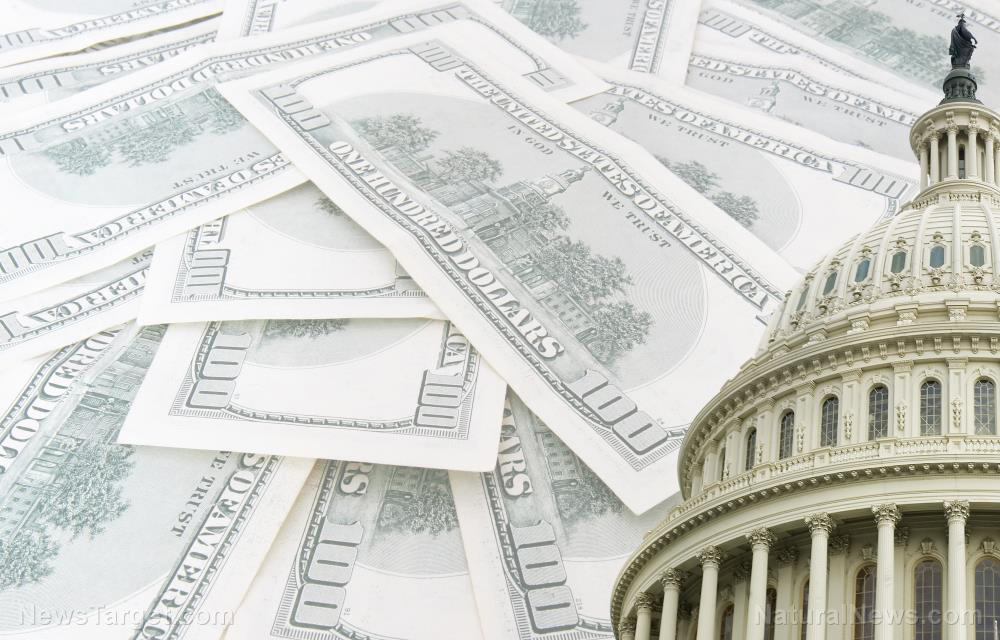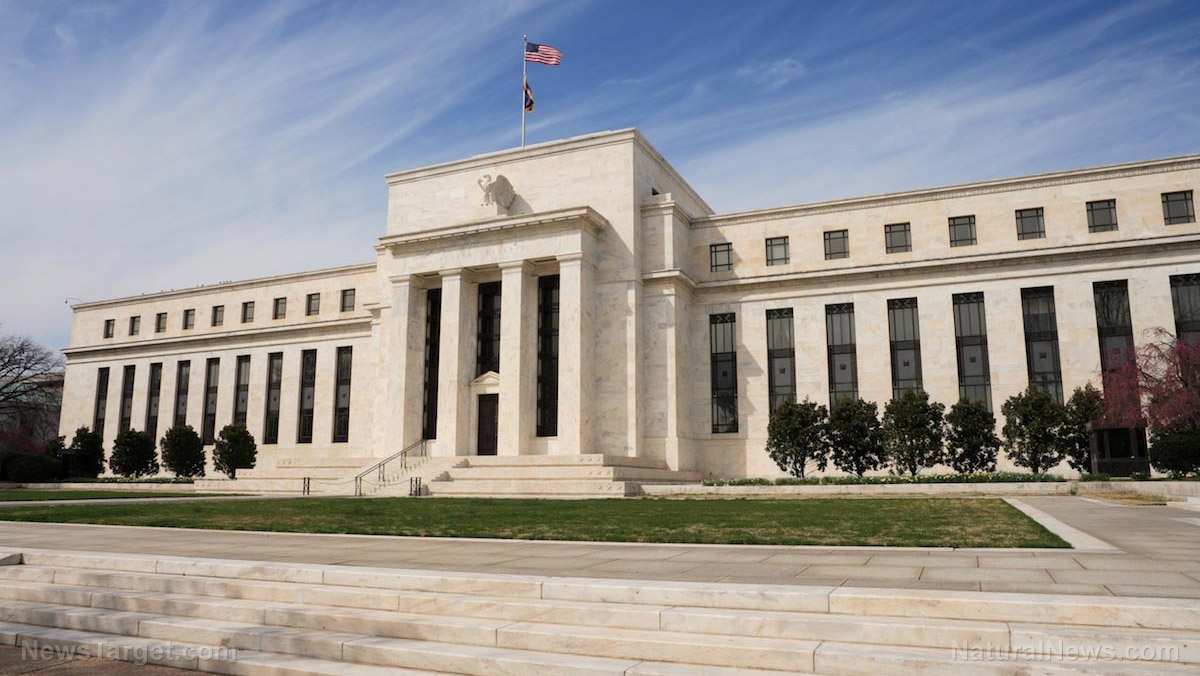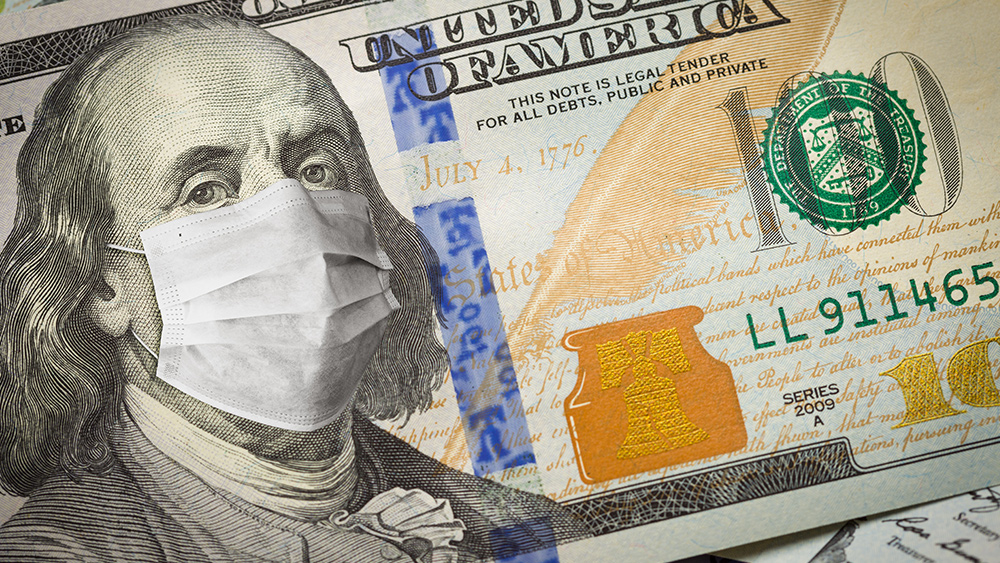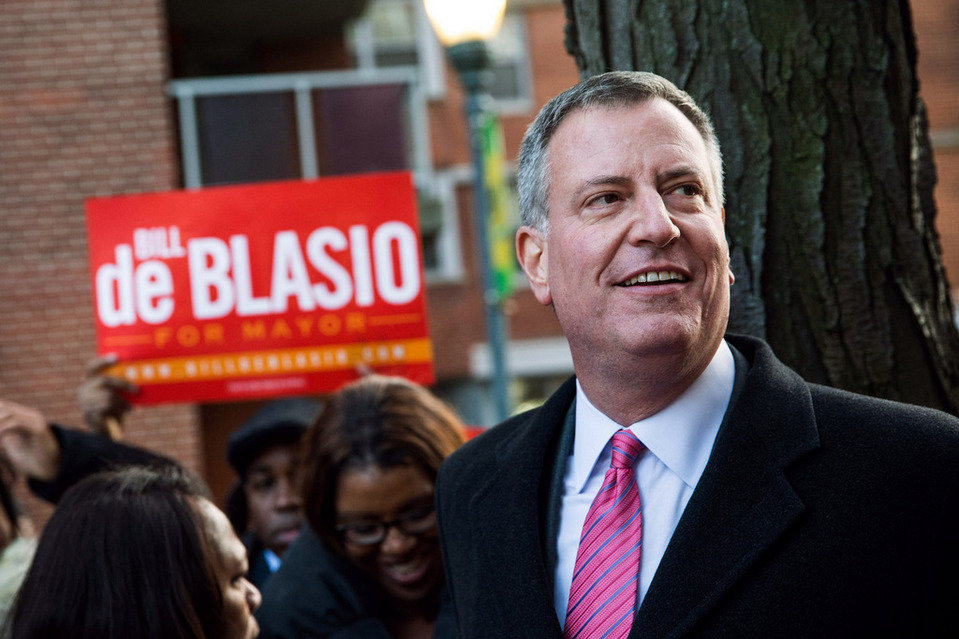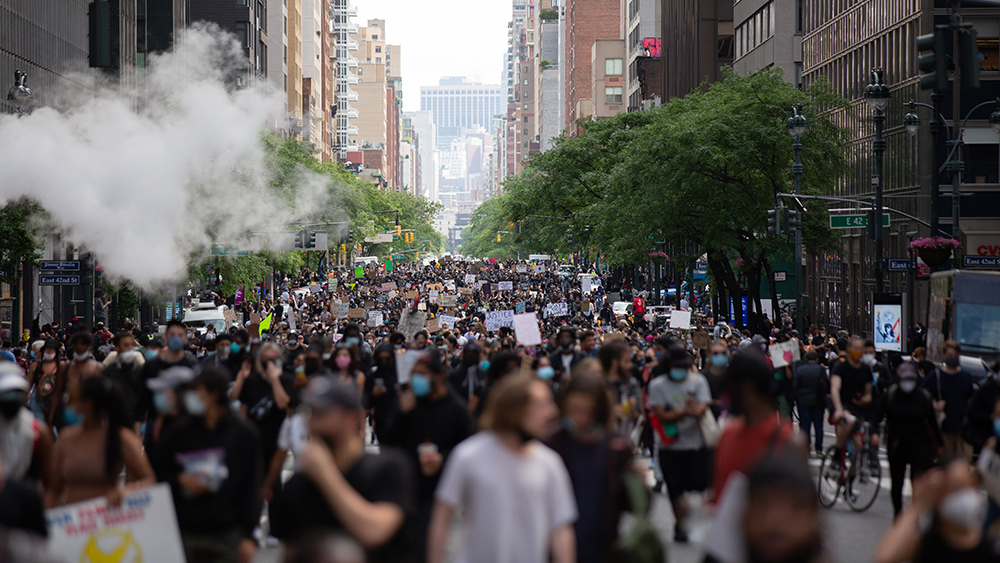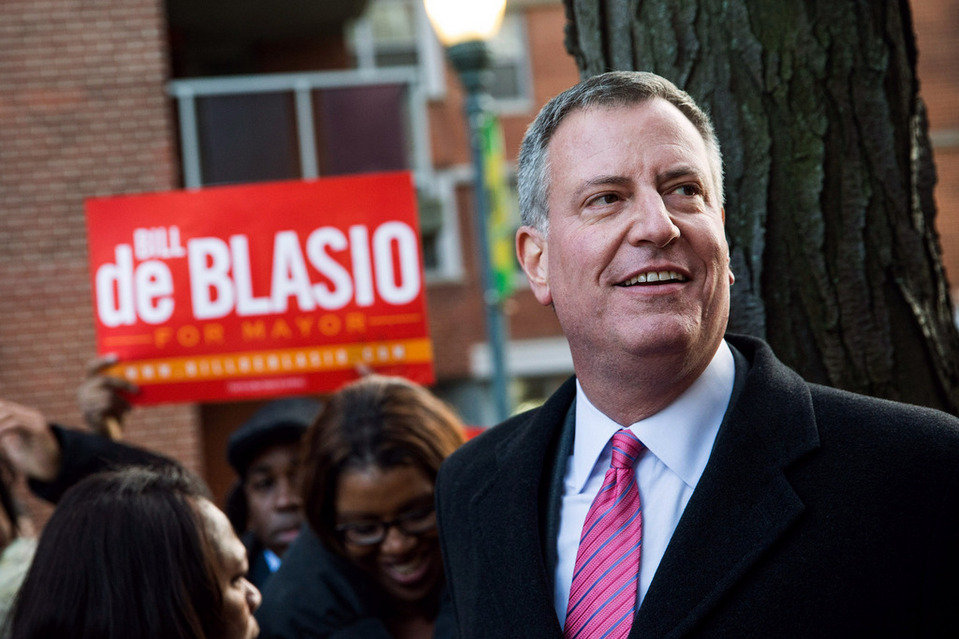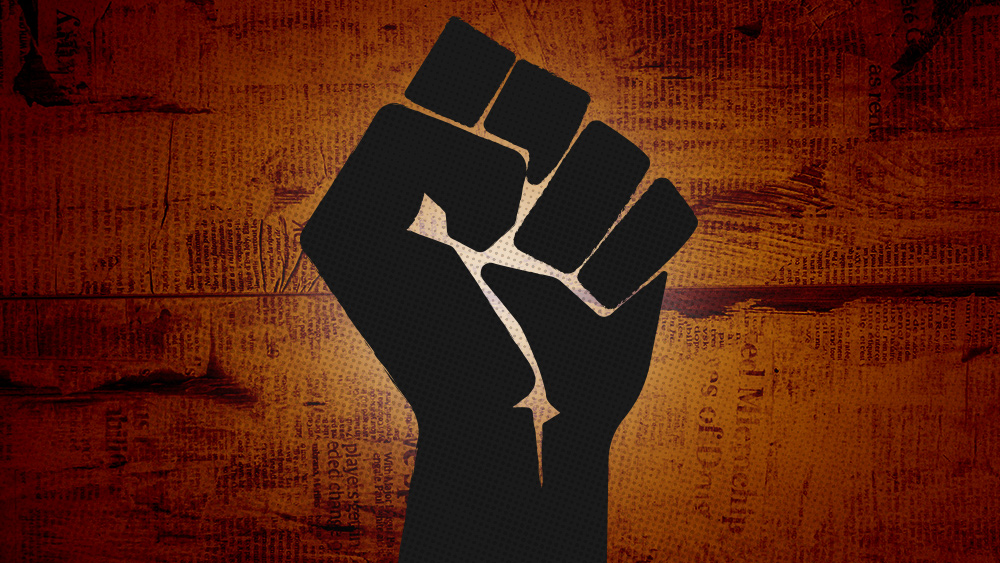Palmer House Hilton hotel hit with foreclosure, the latest blow to the industry by the coronavirus
10/06/2020 / By Zoey Sky
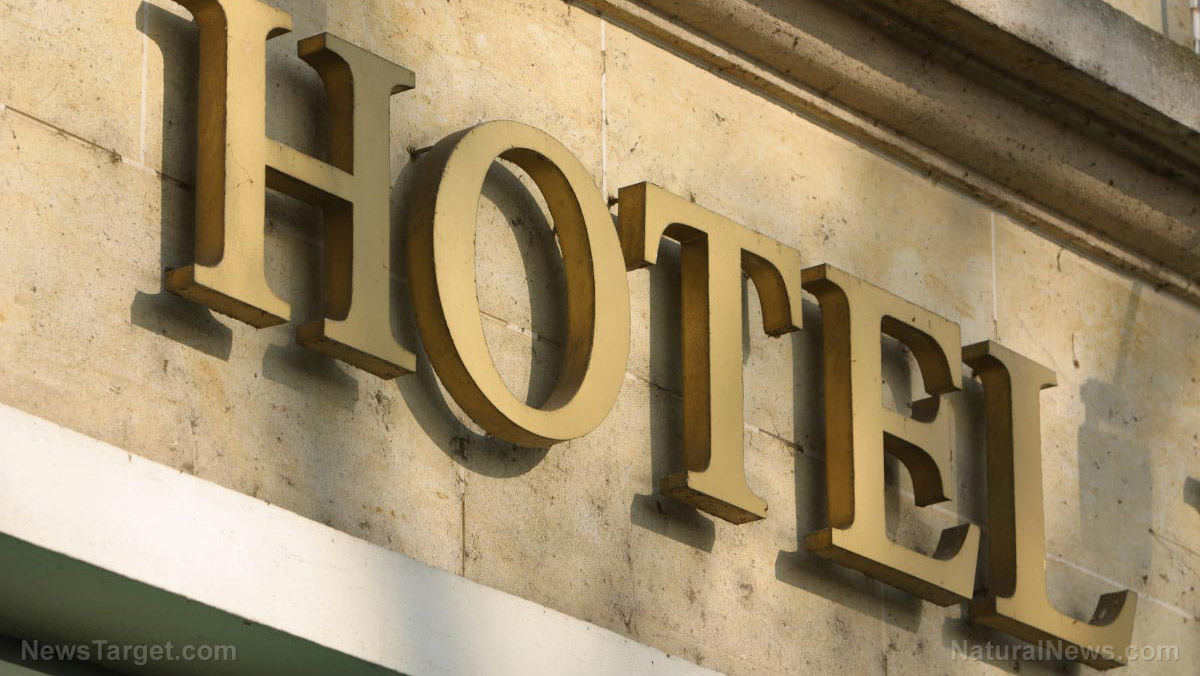
The Wuhan coronavirus has forced many businesses to shut down. While some industries — like bars and restaurants — have managed to survive, even with restrictions in place, the hospitality industry isn’t as fortunate, with hotels suffering greatly because of the pandemic.
A painful example of how the industry has struggled amid the pandemic is the Palmer House Hilton in Chicago. The historic hotel, after seeing its valuation plummet, was hit last month with a foreclosure suit over unpaid mortgage payments.
A grand hotel with an illustrious history
For over a century, the Palmer House Hilton was one of the grandest hotels in Chicago. Some of its most famous historic guests include jazz musician Louis Armstrong, screen legend Frank Sinatra and even acclaimed playwright Oscar Wilde.
The hotel was built in 1871 by local mogul Potter Palmer, but it burned down in the Great Chicago Fire just 13 days after its opening date. In the next few years, the hotel served many wealthy and famous guests. Conrad Hilton then purchased the hotel in 1945 and he made it a flagship of his empire. For the last 15 years, Thor Equities, the hotel’s owner and real-estate investor, spent $173 million to restore the hotel and modernized most of its 1,641 rooms.
Lenders are getting tougher because of the pandemic
In court papers sent last August, Wells Fargo Bank reported that Thor Equities was “in default on its $333.2 million first mortgage.” This makes Palmer House Hilton one of the first major foreclosure actions during the COVID-19 pandemic.
According to appraisers, the Palmer House was worth $305.5 million before Wells Fargo filed its action. A Thor spokeswoman declined to comment.
In its early stages, most property owners and lenders hoped that damage from the pandemic would only affect a property’s cash flow, leaving long-term values unscathed. Creditors granted landlords forbearance or restructured loans in the hopes that they can survive until business returned.
However, some believe that the foreclosure action against Palmer House hints at lenders becoming stricter and more willing to start the process of seizing control of hotels after defaults. Additionally, market participants report that creditors are worried because more properties are “caught in a downward spiral from which they won’t recover.”
Manus Clancy, senior managing director of Trepp LLC, a company that tracks the real-estate debt market, explained that because of the pandemic more owners “are willing to throw in the towel.”
Trepp reports that investors hold at least $87 billion of debt backed by hotels that have been turned into commercial-mortgage-backed securities. About a quarter of all lodging loans that were converted into securities were in default as of September, compared with only two percent back in February.
The Palmer House has been closed since March, and its current state proves how quickly hotel values deteriorated during the pandemic. Appraisers noted that the property, which was valued at $560 million in 2018, has been steadily plummeting by 45 percent since then.
The Palmer House Hilton has been dealing with problems even before the pandemic struck
Hotels are one of the hardest-hit businesses because the coronavirus pandemic postponed or canceled a lot of business travel and vacation plans.
However, the Palmer House is unique in the struggling industry. The hotel is located in the heart of a large city where visitors don’t have a lot of reasons to visit. At the same time, restaurants, museums and other public attractions are closed or operating at limited capacity.
Even smaller hotels in more remote areas are more successful because most travelers are eager to avoid large crowds during the pandemic.
Chicago has fared worse compared to other states. It experienced a slew of looting in August along its upscale Magnificent Mile avenue. STR, a data firm, also found that Chicago’s hotel-occupancy rate was 35 percent for the week ended Sept. 12.
That compares with the national average of 48.5 percent and the large metro market average of 43.2 percent, added STR.
Before the pandemic hit America, Chicago hotels were already under pressure from a glut of new supply. STR reported that over 8,000 rooms were added in Chicago between 2016 and 2019.
Russel D’Souza, a senior analyst with DBRS Morningstar, a financial services company, revealed that the company had been looking at Palmer House, a property that already had problems before the pandemic began. The hotel also relied heavily on conference business, which analysts warned may stay frozen for the months ahead because it involves large indoor gatherings.
Joseph Baksic, associate managing director at Moody’s Investors Service, said that participants are wary of scheduling a conference amid the pandemic. Moody’s downgraded the debt backing Palmer House after the foreclosure action. (Related: The economic depression of 2020 is becoming an endless nightmare for millions of Americans.)
Palmer House also struggled after Thor Equities loaded it up with debt in recent years to give the property a chance of competing in the 21st century. Thor Equities paid $230 million in 2005 to acquire the hotel, along with office and retail space.
In a 2007 interview with The Wall Street Journal, the firm’s chairman and founder, Joseph Sitt, said that the property was “gold.” Sitt renovated the facade and restored the lobby’s ornate ceiling, which was decorated with 21 paintings from Greek mythology.
Some say Thor Equities tried to sell the hotel but couldn’t get its price. Thor Equities forged on, refinancing the hotel $420 million including the $333.2 million first mortgage from JPMorgan Chase & Co.
The first mortgage was converted into bond securities, with $94.3 million in mezzanine debt. Wells Fargo filed the foreclosure action as the trustee representing bondholders.
A Wells Fargo motion in the foreclosure action showed that Thor Equities failed to make monthly debt-service payments since April of this year. The motion states that the hotel owner was also unable to fund “critical” operating expenses, such as utilities and real-estate taxes.
Before the action was filed, Thor Equities’ spokeswoman said that “the entire hospitality industry has been devastated by the pandemic.” She also urged the government to offer financial relief to historic lodgings like the Palmer House Hilton.
Sources include:
Tagged Under: businesses, China, coronavirus, covid-19, disaster, economy, flu, foreclosure, hospitality industry, infections, lockdown, outbreak, Palmer House Hilton, pandemic, Public Health, quarantine, social distancing, superbugs, Thor Equities, transmission, virus, Wuhan coronavirus
Get independent news alerts on natural cures, food lab tests, cannabis medicine, science, robotics, drones, privacy and more from NewsTarget.com
Get independent news alerts on natural cures, food lab tests, cannabis medicine, science, robotics, drones, privacy and more from NewsTarget.com
RECENT NEWS & ARTICLES
COPYRIGHT © 2017 DEBT COLLAPSE NEWS

